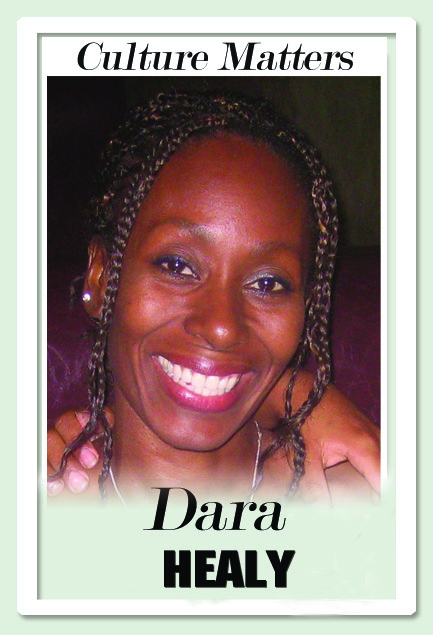New battleground for women

Culture Matters
“...women are the caregivers and incubators of the future. They are instinctively hard-wired to be future-focused. It is because women have these mandates that when injustice is levelled on a society that they often raise their voices in an effort to redress the imbalance.”
– Mia Mottley, Prime Minister of Barbados
INTERNATIONAL Women’s Day, March 8, is an opportunity to celebrate the achievements of women and reflect on how their successes have shaped our collective history.
In TT and across the Caribbean, women have served as the foundations of their families and society in general. They have nurtured and protected, resisted and fought – in many instances not hesitating to put their own lives at risk for what they believed.
History shows us that in TT women have always been part of resistance movements. From stories of Ma Rose in Tobago attacking her enslaver and then jumping to her death, to historical accounts of East Indian women standing up to colonial police in 1884, women have not been afraid to be on the front line.
As the global movement for gender equality gained momentum, women at home and across the Caribbean became more confident to move into arenas such as politics, social work and activism.
For instance, in the 1970s, long before high-profile advocates like Michelle Obama drew attention to the importance of healthy eating, the women’s arm of the National Joint Action Committee (NJAC) edited and produced publications that focused on the importance of nutrition for children. Articles with names like “Peas and greens to the rescue” were typical as they tried to generate a new kind of consciousness around food.
Equally significant was the emphasis placed on critical themes such as intellectual development and the notion of beauty within the African community and across ethnicities.
Empowerment through the arts was another important area of activism, as women were encouraged to explore their ability to write, perform and communicate in creative ways.
Further, by treating with these issues through a printed medium, the women of NJAC were creating a space for themselves in a movement that was typically dominated by strong men.
Prior to this civil rights era, family patterns and relations between men and women in TT became increasingly complex as people from many racial and cultural backgrounds settled here.
In particular, East Indian indentureship demanded another renegotiation of the socio-cultural space that had been occupied by Africans, western elites and indigenous peoples.
As our society evolved along rural/urban and ethnic lines, there began to emerge very different notions of the role of women.
Today, women in TT are able to articulate their own perspectives on family. They have claimed their right to demonstrate ethnic pride, either by the way they style their hair or the clothes they wear.
As one commentator put it, “Great improvements have been made. We do have female astronauts and prime ministers, schoolgirls are welcomed into university, women can work and have a family, women have real choices.”
Yet, despite all of these accomplishments, the global theme for International Women’s Day still centres on “I am generation equality: realising women’s rights.”
What significance does this theme hold for us in TT? At home, gender-based violence remains a scourge on our nation, rooted deep within our communities. As we travelled the country with the Eintou Springer play Shades of I-She, the tears and the pain revealed the urgency of this silent crime.
In homes across our country, many women are without the ability to defend themselves or their children. So our children then become at risk, or are deliberately placed in harm’s way, sometimes by their own mothers.
The issue is not just the damage being done to the family; it is the fact that this problem is now generational. A pattern has been established and the cycle of abuse is perpetuated. “Powerless/she watches he who rescued her from shame/ and gave her his name/ beat their infant daughter/ till she cries out in pain...”
In 2020, it is only right that we continue to work towards equality for women in areas such as entrepreneurship, wages and workplace flexibility. But with the next major battleground for women being the home, how do we fight?
In this new battleground, often it is literally a fight to the death. International Women’s Day must therefore be more than a commemoration. It must be a call to action, for when women suffer in silence, all of us bear the pain.
Dara E Healy is a performance artist, communications specialist and founder of the NGO, the Indigenous Creative Arts Network – ICAN

Comments
"New battleground for women"